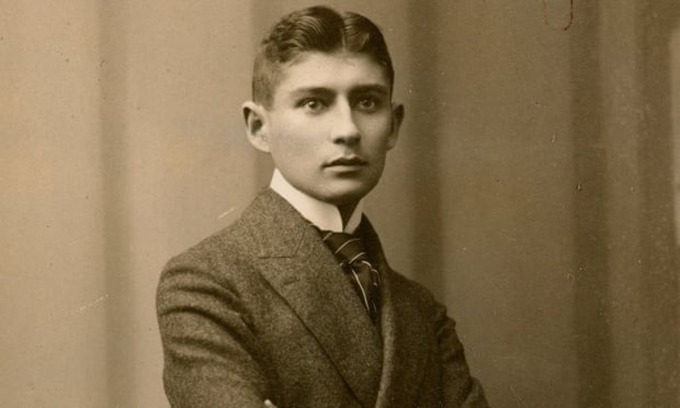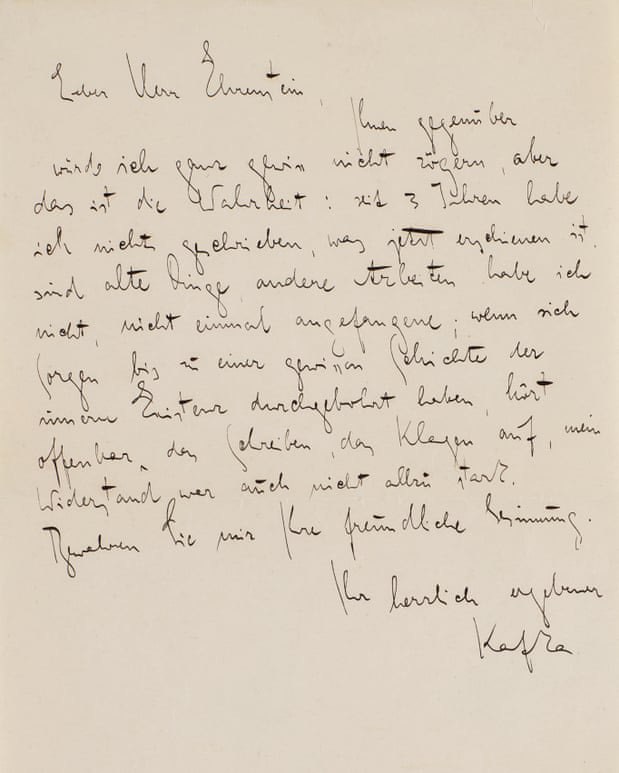
The Story: Kafka and the lost doll
At 40 years old, Franz Kafka (1883–1924) – a man who never married or had children – allegedly met a crying little girl in a Berlin park. She had lost her beloved doll, and Kafka, moved by her sadness, offered to help her search.
When the doll couldn’t be found, Kafka returned the next day with a letter “written” by the doll. The letter explained:
“Please don’t cry, my dear friend. I have gone on a journey to explore the world. I will write to you about my adventures.”
Thus began an extraordinary friendship. Kafka wrote letters detailing the doll’s whimsical travels, each more vivid than the last. After some time, he gifted the girl a new doll, accompanied by a note saying, “My journeys have changed me.”
Years later, after Kafka’s death, the now-grown girl allegedly discovered a hidden letter inside the doll. It read:
“Everything you love will probably be lost, but in the end, love will return in a different form.”
Fact or Fiction?
As heartwarming as this story is, there is no historical evidence to prove it happened. The tale originates from Jordi Sierra i Fabra’s novel, “Kafka and the Traveling Doll” (2007), a fictionalized account inspired by Kafka’s imaginative nature.
The Case for Fiction
- Kafka did live in Berlin during his final year (1923–1924) while battling tuberculosis.
- However, no historical records, personal diaries, or testimonies mention this event.
- The story first appeared in literary circles long after Kafka’s death, suggesting it is likely a modern invention.
Why the Story Endures
Even if untrue, this tale resonates deeply because of its universal themes of loss, love, and hope. Here’s why it continues to captivate audiences:
- A Powerful Message: The story’s closing line—“Everything you love will probably be lost, but in the end, love will return in a different form.”—offers comfort and wisdom about grief and renewal.
- A Human Side of Kafka: Known for his complex and often bleak works, this anecdote paints Kafka as a compassionate and imaginative soul, adding another layer to his enigmatic legacy.
- Inspiration for Life: The story reminds us that even small acts of kindness can have a lasting impact, transforming despair into hope.

A Myth Worth Believing
The tale of Kafka and the lost doll may be more legend than fact, but its message transcends its origins. It speaks to the power of imagination, kindness, and the enduring hope that love, in one form or another, will always find its way back to us.
Whether real or fictional, this story continues to inspire us to embrace change, cherish love, and find beauty in the unexpected. Isn’t that what Kafka himself would have wanted?
For more enchanting stories and thought-provoking insights, follow maybemiss.com and keep exploring the magic of literature!
















Discussion about this post